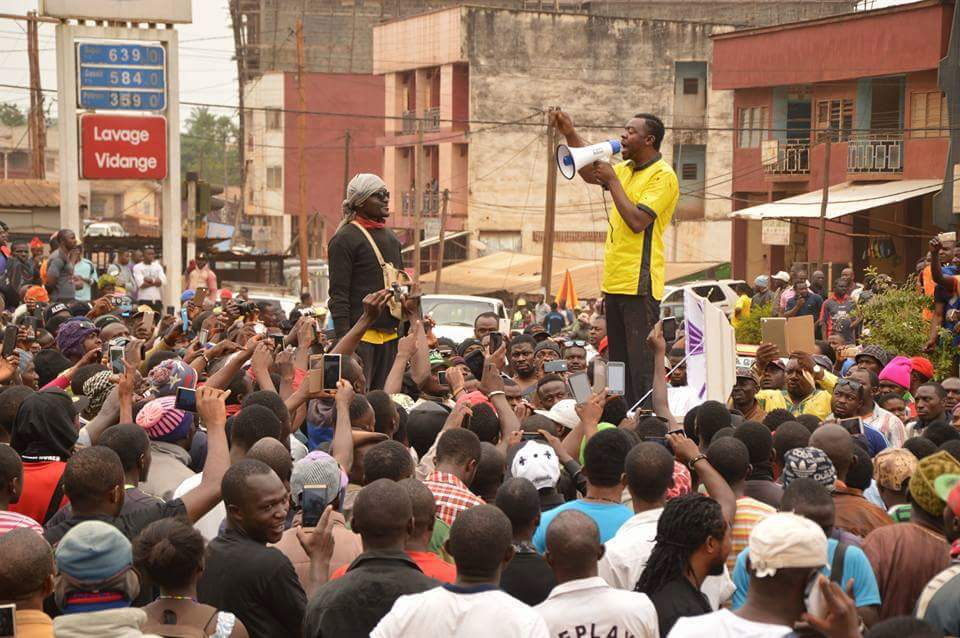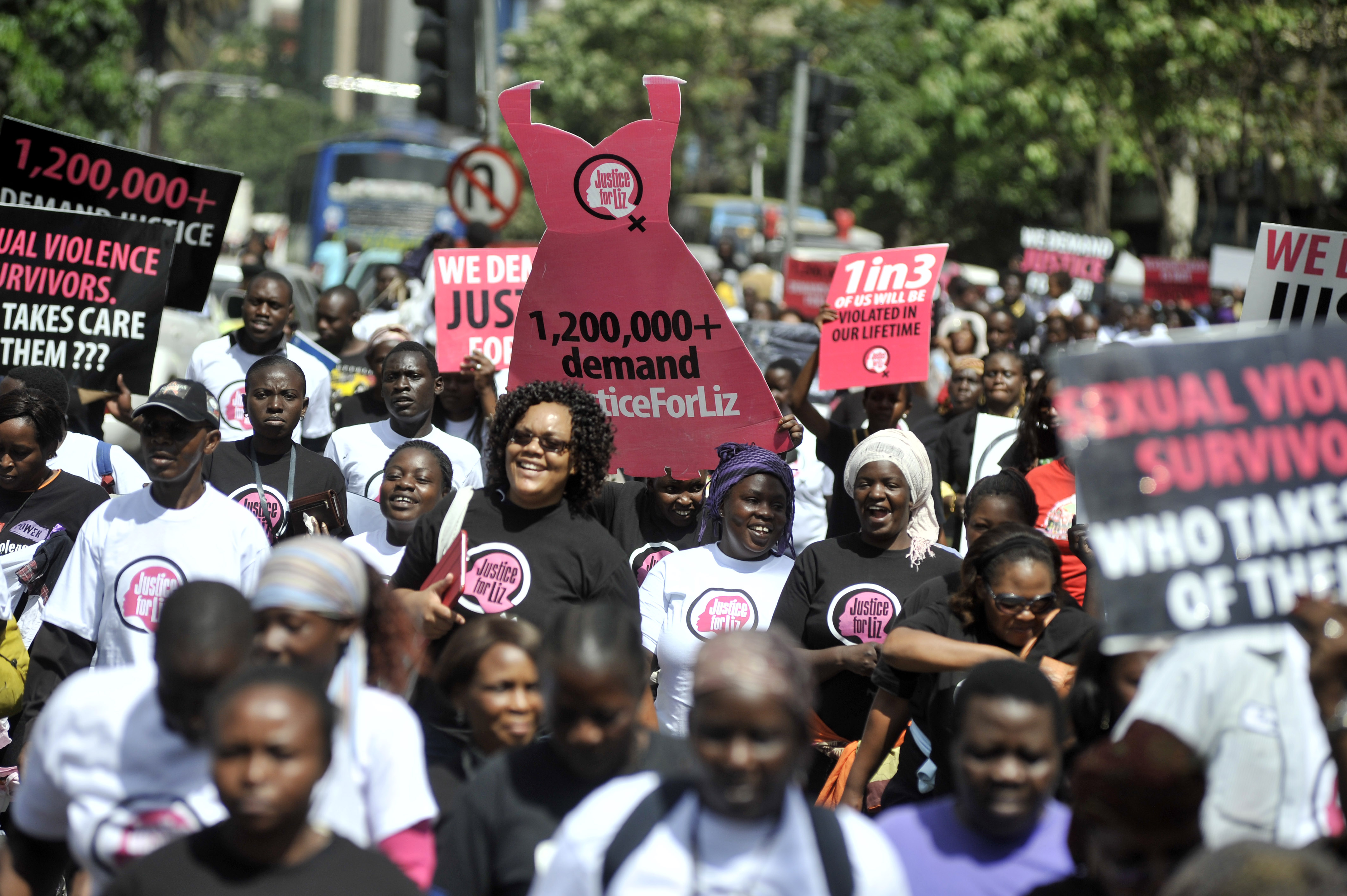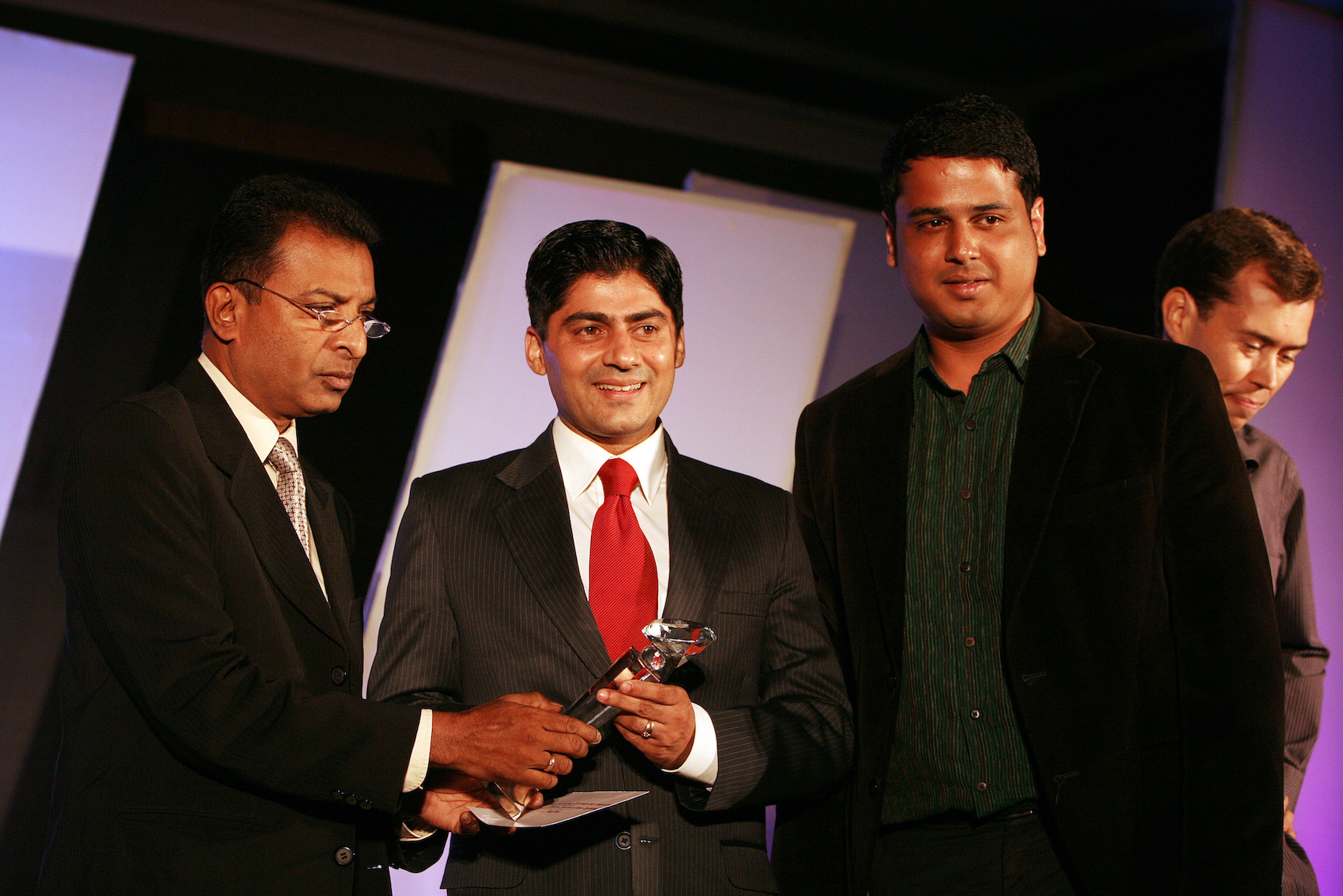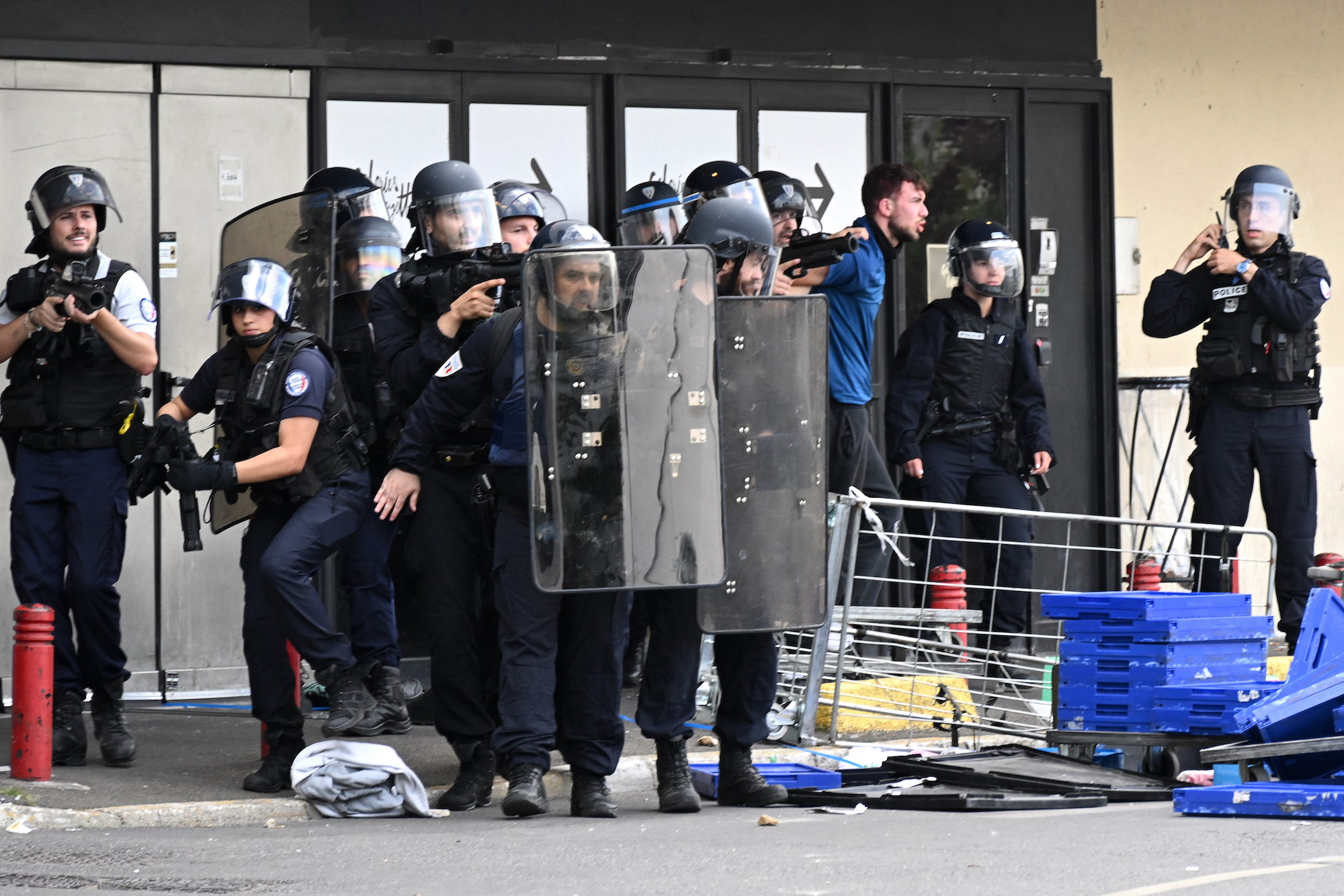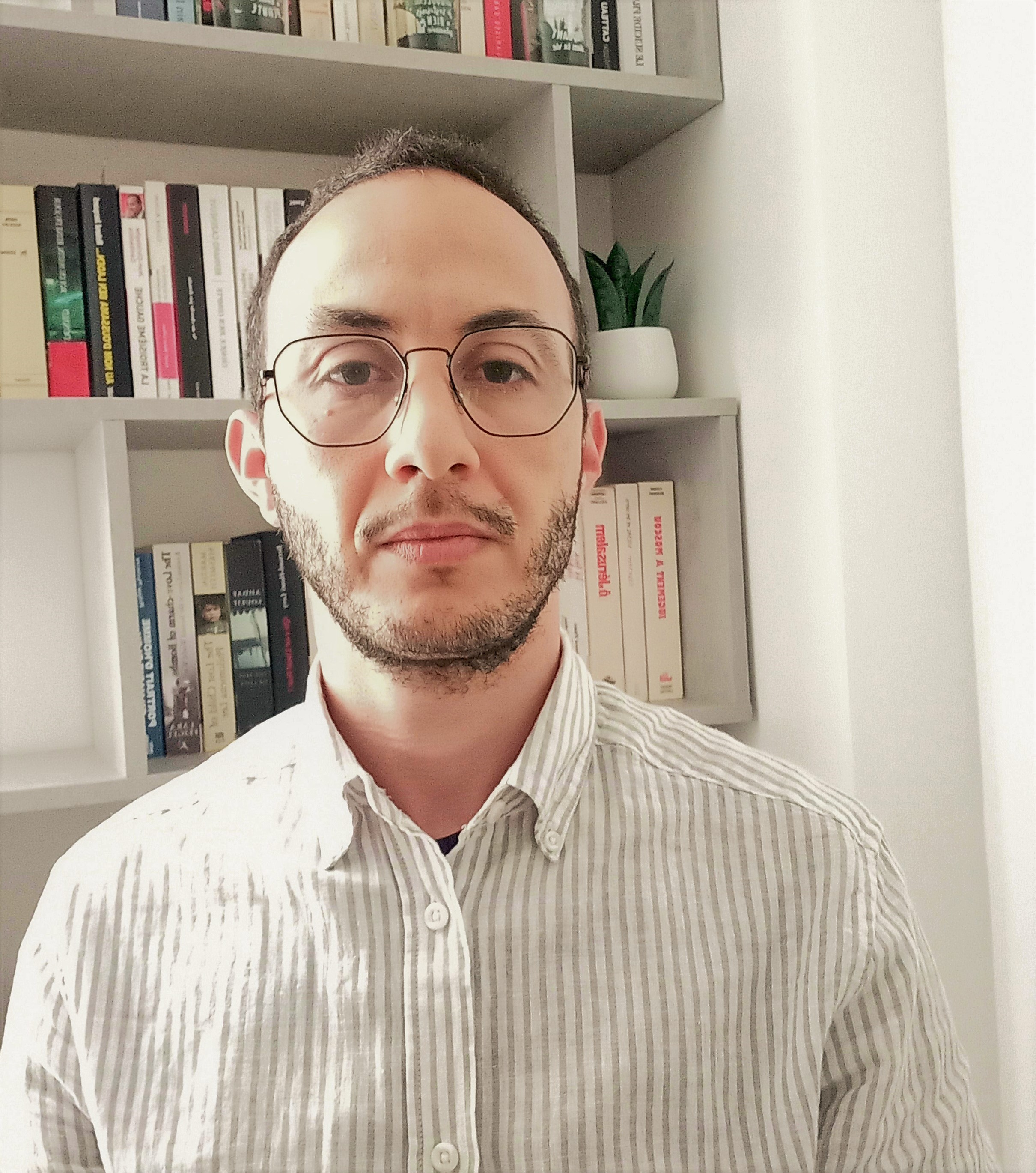For female journalists in Palestine, celebrating international women's rights this year must take a backseat, as they continue facing the harsh realities of conflict. March 8th will carry little celebration for them, as they grapple with the severe risks of violence, mass displacement, and the vulnerability of abandonment amidst an ongoing humanitarian crisis. Their focus remains on bearing witness to human suffering and sharing stories of resilience from the frontlines, despite the personal dangers involved in their work.
The Siege and its Impact
Experiencing the horrors of any war is an unparalleled ordeal. However, when the nature of that war involves the intent of total annihilation by those who possess military power against a population that has been under occupation and siege for decades, then the hardship becomes incomprehensible. In the case of Gaza, the Israeli occupation takes its time, leveraging the support of Western powers, prolonging the war for months in the tightly sealed enclave, where people are already dying from hunger, disease, and despair.
We, as journalists, have no protection whatsoever. To Israel, all of us in Gaza are just warm blood.
This has been the reality in Gaza since last October, when all its inhabitants have been witnessing every form of unimaginable pain, and enduring various forms of fear and abandonment amid the constant threat of death, and lack of shelter, food, and medicine. Yet, the profound details of such suffering would have remained hidden from the world if it were not for the courageous journalists in Gaza, who persistently captured and shared the grim realities of this heinous war, despite the difficult circumstances and direct targeting by the Israeli military. As the world celebrated International Women's Day in recent days, I had the opportunity to speak with several Palestinian female journalists in Gaza, to shed a necessary light on the multifaceted suffering they’ve been facing.
Palestinian Journalists, both male and female, enjoy no such guarantee of any standard immunity from the occupation's crimes.
Frontline Reportage: the Plight of Female Journalists in Gaza
The decision of many Palestinian women to pursue careers in journalism and their unwavering commitment to this profession despite the inherent risks of occupation serve as a testament to Palestinian women's resilience and their pioneering role in shaping the Palestinian media landscape. Female journalists in Palestine have taken on a leading role in the field of journalism, particularly during confrontations with the Israeli occupation in the Palestinian territories. Their work has included covering the ongoing incursions into Al-Aqsa Mosque, the assaults on Jenin refugee camp, and the city of Nablus, as well as other cities in the West Bank. Most dramatically, they have actively reported on the current Israeli war against the people of the Gaza Strip since October 7th.
As this heinous crime persists, the world will witness a rapid erosion of various principles promoted as universal human values, foremost among them the right to life, freedom, and security as per the Universal Declaration of Human Rights.
Unprotected Voices: The Vulnerability of Palestinian Journalists
This commitment persists despite the stark awareness that the profession of journalism in Palestine lacks protection and support, in relative contrast to other journalists in other conflict zones. Palestinian journalists, both male and female, enjoy no such guarantee of any standard immunity from the occupation's crimes. According to a report by the Committee to Protect Journalists, the ongoing war on Gaza has been the "deadliest" ever for journalists, resulting in the highest number of fatalities among media workers in a single location and within a very short period during the last two months of 2023. This trend continued with shocking intensity in 2024, as evidenced by the Committee and other organizations monitoring attacks on journalists.
The loss of some essential journalistic equipment during forced displacements from one location to another has led to the loss of many female journalists of their jobs
These dangers are far more than numbers. Palestinian women journalists face constant threats—harassment, intimidation, and physical attacks—just for doing their jobs. A deep sense of responsibility fuels their courage and determination: to amplify the voices of their communities and expose the truth. Their dedication is a powerful testament to Palestinian civil resistance and a powerful example for women journalists everywhere, as they remind us of journalists' vital role in shaping a more informed and just world.
Many working in the field have been forced to sleep in exposed tents on sidewalks without basic protection or personal hygiene, amidst a whirlwind of chaos and fear... many female journalists have been unable to see their children for the initial three months of the war
Journalism in the Crossfire: Perilous Reporting in Gaza
"I am not just a journalist; I am a mother, a wife, and a sister. My heart is torn into a million pieces during my displacement journey and the search for safety, yet I choose to continue my journalistic work," said journalist Nour Al-Sweiri, who works for Al-Sharq TV, encapsulating the plight of female journalists in the Gaza Strip. She highlighted their resilience in the field despite the obstacles imposed on them by the occupation army's operations and the harsh realities it has imposed on the ground.
Al-Sweiri pointed out the precarious health and dire living conditions of female journalists in Gaza, exacerbated by the absence of privacy for the slightest rest or recovery. Many workers in the field have been forced to sleep in exposed tents on sidewalks without basic protection or personal hygiene, amidst a whirlwind of chaos and fear.
A deep sense of responsibility fuels their courage and determination: to amplify the voices of their communities and expose the truth.
In the same context, Al-Sweiri highlighted the profound psychological torments experienced by women in Gaza, particularly female journalists, who are deprived of practicing their motherhood as any mother should. This deprivation leaves a lasting psychological toll. Nour explained that many female journalists have been unable to see their children for the initial three months of the war. This is due to being trapped in the field for weeks while performing their journalistic duties, and due to their families being displaced from one place to another as a result of the Israeli forces' deep incursions and targeting even in supposedly safe displacement areas designated by Israel.
Several local institutions are making concerted efforts to provide relatively favorable working conditions to facilitate the work of female journalists.
The Harrowing Ordeal, Military Aggression, and Starvation
Mona Khader, a journalist with Nawa Network, emphasized that the difficult conditions faced by female journalists in the Gaza Strip are inseparable from the Israeli war of starvation and the ongoing indiscriminate attacks waged by Israel on the people of Gaza. This situation has destroyed suitable spots for safe journalism, especially with the continuous power outages and communication networks for more than 160 days during the war. Regarding the displacement catastrophe, Khader remarked: "We moved between several areas in Gaza, trying to find a safe place, but all these attempts proved futile; there is absolutely no safe place in Gaza, and neither the shield of journalism nor its helmet offers any protection."
A profound psychological toll on female journalists, who, in the line of duty, faced the traumatic discovery of their own family and relatives among casualties at incident sites.
Khader further remarked: "The instability in the work environment faced by female journalists in Gaza is due to the continuous incursions into safe spaces where journalists operate and live, such as hospitals and Red Crescent societies." She explained that several local institutions are making concerted efforts to provide relatively favorable working conditions to facilitate the work of female journalists. One such initiative is the "Filistiniyyat” Foundation, which has been trying to set up special tents equipped with electricity and internet to facilitate their work within displacement camps.
In the same context, Khader highlighted the material and financial challenges that hinder the continuity of journalistic work, especially with the loss of some essential journalistic equipment during forced displacements from one location to another. This has led to the loss of many female journalists' jobs, especially those who work with local institutions and media projects.
Oh my God, this is too much! Standing in line for 10 hours just to get a bottle of water?!
... We, as journalists, have no protection whatsoever. To Israel, all of us in Gaza are just warm blood.
Khader highlighted a profound psychological toll on female journalists, who, in the line of duty, faced the traumatic discovery of their own family and relatives among casualties at incident sites. Such encounters, a distressing reality for reporters in conflict zones, are alarmingly common. This fusion of personal tragedy with professional responsibility marks a unique and distressing challenge in journalism.
Female Journalists in Gaza: A Life of Hardship and Impossible Work
"Oh my God, this is too much! Standing in line for 10 hours just to get a bottle of water?!"
In these words, independent journalist Amna Mushtaha from the Gaza Strip described the extent of the tragedy she and others face, trapped in the north. The young journalist shares that she lives in a whirlwind of conflict between practicing her fieldwork and standing in waiting lines to meet the essential needs of her family. The harshness of reality has deepened, especially after two of her brothers were killed in a direct Israeli attack on their home in the Shuja'iyya neighborhood.
"We, as journalists, have no protection whatsoever. To Israel, all of us in Gaza are just warm blood."
In the case of Gaza, the Israeli occupation takes its time, leveraging the support of Western powers, prolonging the war for months in the tightly sealed enclave, where people are already dying from hunger, disease, and despair.
Mushtaha, currently living in a tent near the Al-Shifa Medical Complex, opens up about her plight. She describes the immense suffering faced by women on the streets of Gaza and in the makeshift shelters after most people lost their homes. Letting out a heavy sigh, encapsulating the struggles of all female journalists and most displaced women in Gaza, she says, "I only dream now of eating a decent meal or going to the bathroom alone without standing in an endless queue with no privacy."
Amna Mushtaha places her hand on the wound of a pregnant woman, recalling the harrowing scene of her cousin's childbirth. As Israeli forces stormed the Al-Rimal neighborhood in Gaza City, her cousin went into labor, forced to walk long distances while bleeding in the hope of reaching safety and delivering her long-awaited child. Tragically, she lost her baby, all while lacking any support or assistance.
The decision of many Palestinian women to pursue careers in journalism and their unwavering commitment to this profession despite the inherent risks under occupation serves as a testament to the Palestinian women's resilience and their pioneering role in shaping the Palestinian media landscape.
In Gaza, the Israeli machinery of war has claimed the lives of 13 female Palestinian journalists, all of whom faced extremely challenging conditions, echoing the fate of their fellow slain journalists, totaling more than 133, alongside hundreds of wounded and displaced members of the Palestinian media teams directly targeted, along with their families, since October 7.
I only dream now of eating a decent meal or going to the bathroom alone without standing in an endless queue with no privacy.
Several international and local human rights entities, including the Palestinian Journalists Syndicate, have affirmed the deliberate targeting of journalists in Gaza and their homes. This aligns with Israel's policy of civilian destruction towards the Palestinian people in general. Numerous direct targeting cases of journalists within their homes, amidst their families, have been documented. Additionally, over 50 media and press institutions in Gaza have been systematically destroyed, disregarding all international laws and conventions that mandate the protection of journalists, media workers, and associated individuals.
I am not just a journalist; I am a mother, a wife, and a sister. My heart is torn into a million pieces during my displacement journey and the search for safety, yet I choose to continue my journalistic work
This war on Gaza starkly illustrates comprehensive destruction and widespread devastation, where the Israeli forces systematically drain all sources of civilian life. This includes the targeting of female and male journalists in acts of brutality carried out by Israel on the occupation force. These acts, witnessed by the global community, have been perpetrated against a population under siege for almost two decades. As this heinous crime persists, the world will witness a rapid erosion of various principles promoted as universal human values, foremost among them the right to life, freedom, and security as per the Universal Declaration of Human Rights. It also entails abandoning the alignment with justice, equality, and freedom of expression, principles ostensibly upheld by Western governments, while offering unequivocal material and moral support to the ongoing Israeli war on Gaza. For female journalists in Palestine, celebrating women’s rights this year will take a backseat as they continue to face the harsh realities of this war, and March 8 will hold little significance for them, as they grapple with the risks of genocide, displacement, and abandonment.





























![A demonstration against Israel's war on Gaza on Paulista Avenue in São Paulo on November 4, 2023, draws attention to the deaths of children while the media focuses on the war against terrorists. [Photo: Lina Bakr]](/sites/default/files/ajr/2024/Picture1.png)

